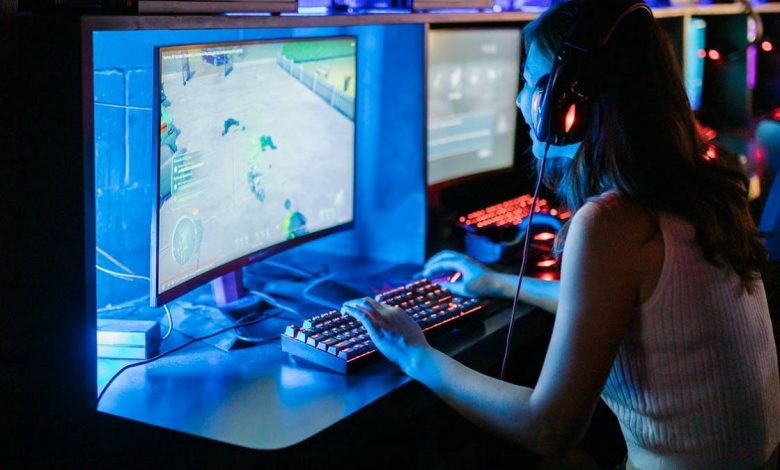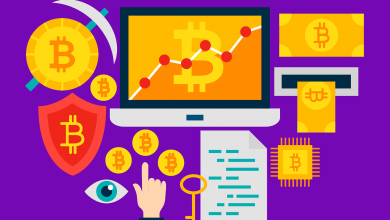
In recent years, the integration of video games in educational settings has gained significant attention and acclaim. Gone are the days when video games were merely seen as sources of entertainment; they have now emerged as powerful tools for learning and cognitive development. With their interactive nature and immersive experiences, video games have the potential to enhance various cognitive skills, such as memory, attention, critical thinking, and problem-solving. This article delves into the cognitive benefits of video games in education, exploring how they can foster creativity, improve social and emotional skills, address learning challenges, and ultimately revolutionize the way we educate. By examining the positive impact of video games on cognitive abilities, we aim to highlight the immense value of incorporating this innovative approach into educational practices.
Enhancing Cognitive Skills: Memory and Attention
The Impact of Video Games on Memory Retention
Memory retention is a crucial aspect of learning, and video games have been shown to have a positive impact in this area. How often do you forget the basics on the test? The interactive nature of gaming requires players to remember rules, strategies, and in-game information, which exercises their memory muscles. Whether it’s recalling the layout of a virtual world or remembering complex sequences of actions, video games provide a stimulating environment for memory development.
Improving Attention Span and Focus through Gaming
In a world filled with distractions, cultivating attention span and focus can be a challenge for students. However, video games offer a unique solution. Engrossing gameplay requires players to maintain focus and pay attention to intricate details and changing circumstances. By immersing students in challenging gaming experiences, educators can help them develop and improve their ability to concentrate, leading to better academic performance in other areas as well.
Improving Problem-Solving Abilities
Developing Critical Thinking Skills with Video Games
Video games often present players with complex problems and puzzles that require critical thinking to solve. By tackling in-game challenges, students can develop their critical thinking skills, which involve analyzing information, evaluating options, and making informed decisions. Whether it’s solving intricate mysteries or strategizing during multiplayer battles, video games provide a platform for honing these essential cognitive abilities. For example, you will be able to make the decision under pressure. And to order the homework from https://mycustomessay.com/college-essay-papers.html when the deadline is near and you have a lot of homework to.
Enhancing Logical Reasoning through Game-Based Challenges
Logical reasoning is integral to problem-solving, and video games can be excellent tools for its development. Many games feature puzzles, mazes, and riddles that require players to apply logical reasoning to progress. By engaging in these game-based challenges, students can sharpen their logical thinking skills, learning to identify patterns, make connections, and deduce solutions. The transferability of these skills to real-world scenarios makes game-based learning a valuable addition to any educational setting.
Enhancing Creativity and Imagination through Video Games
Inspiring Creative Thinking and Expression in Gaming
Contrary to popular belief, video games aren’t just about following predetermined paths. Many games provide players with opportunities for creativity and expression. Whether it’s building intricate structures in sandbox games or creating unique characters in role-playing games, video games can inspire and nurture creative thinking. By encouraging students to explore their imagination within game worlds, educators can foster creativity and promote self-expression.
Encouraging Imagination and Storytelling through Game Narratives
Video games are immersive experiences that often feature captivating narratives. Students can step into the shoes of diverse characters and embark on thrilling adventures. This interactive storytelling aspect of gaming encourages imagination as students imagine themselves as part of the narrative. By engaging with rich narratives and making choices that affect the outcome, students can develop storytelling skills and unleash their imaginative potential.
In conclusion, video games offer a multitude of cognitive benefits in education. From enhancing memory and attention to improving problem-solving abilities and fostering creativity, video games have the potential to revolutionize the way we learn. By embracing these interactive and engaging tools, educators can create dynamic learning experiences that resonate with students and prepare them for the challenges of the digital age. So, grab a controller and level up your learning!
Read Next: Battlefield 2042 DirectX Error: We Have Fixed it!



